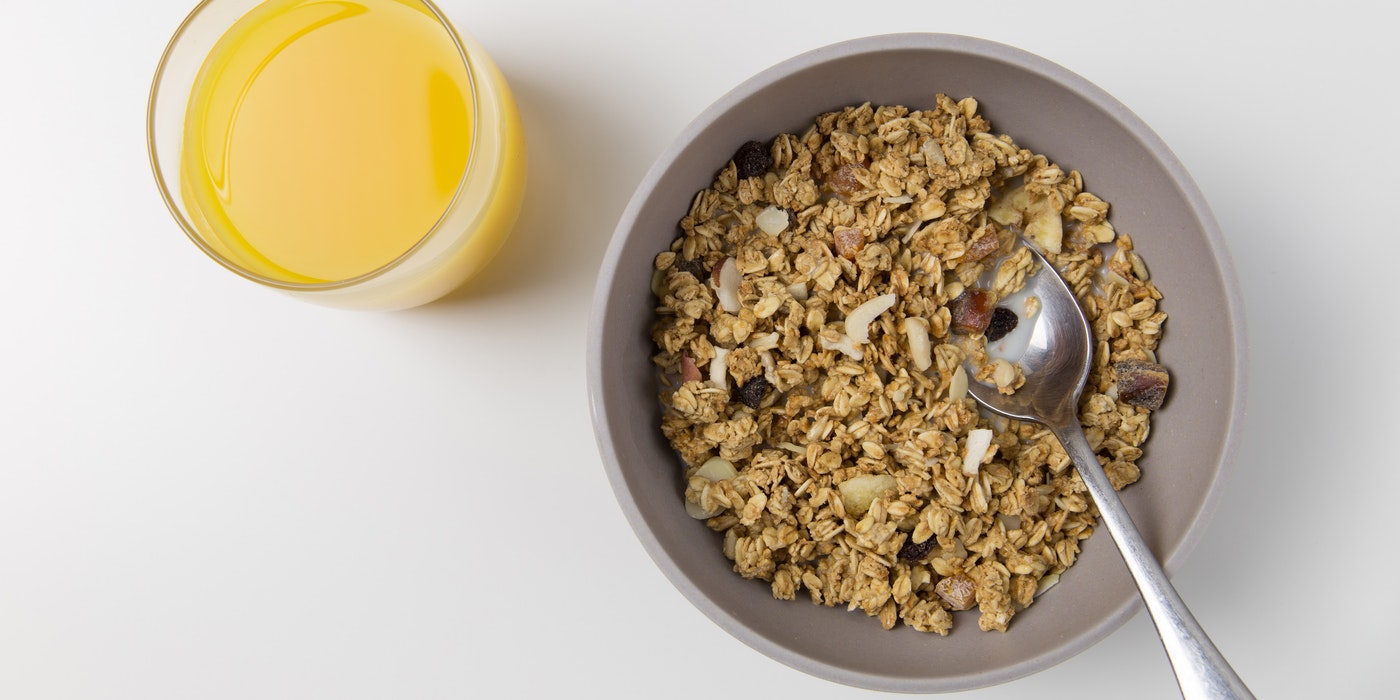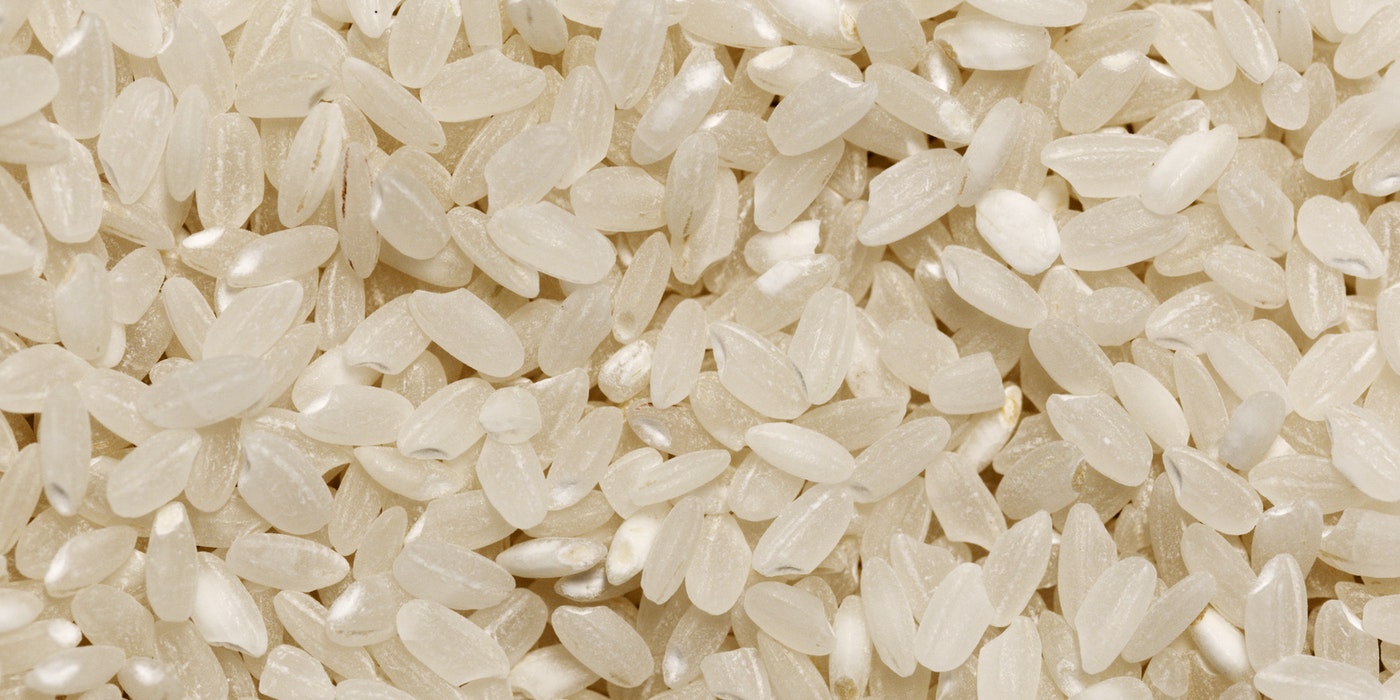Nutrients Not Gotten from Animal-Based Foods
There are many differences between animal-based foods and plant-based foods. Both of them have their suffering nutrients, and these nutrients are unique to them. This is why it is best to follow a diet that comprises both plant and animal-based foods in order to get all the nourishing nutrients contained in both food sources.
Due to the unique nature of the two food sources, some nutrients have been discovered to only exist in plant-based foods, such that it is rare and difficult to get those nutrients from animal-based foods.
The following are 19 nutrients that are unique to plant-based foods alone;.
Vitamin C
Vitamin C is a nutrient that is common in almost all plant-based foods. Although some traces of it may be found in animal-based foods. However, not in very useful quantity. One of the major functions of vitamin C in the body is to protect the tissues of the body, help in the healing of wounds, and boost or strengthen the immune system.
When a person has vitamin C deficiency, such a person is expected to not just consume vitamin C supplements but also eat lots of fruits and vegetables. Deficiency can lead to fatigue and pale skin. Complicated deficiency can cause severe conditions like loss of teeth, yellowing of the skin, bleeding, and sometimes death.
Since animal foods do not contain enough vitamin C to keep you healthy and strong, it is advisable to lace your diet with fruits and vegetables. Research has explicated that people who consume high quantities of vitamin C rich foods experience;
- Regulated blood pressure
- Healthy blood vessels
- Prevention of age-related illnesses like memory decline
- Enhance the body’s absorption of the iron contained in foods
- Eliminate causes of anemia
Some of the rich plant-based foods sources of vitamin C include; kiwi, bell pepper, citrus fruits, kale, and berries.
Flavonoids
Flavonoids are common antioxidants that are present in almost all plant-based foods. Research has shown that some of the health benefits attached to fruits and vegetables may be linked to the effectiveness of the flavonoids contents in plant-based food.
Some of the health benefits of consuming flavonoids rich foods include;
- Lower risks of brain decline
- Lower risk of heart disease
- Healthy colon
- Some common flavonoids include:
Quercetin
Of all the types of flavonoids that exist, quercetin is the most common. According to recent studies, heavy consumption of quercetin has been linked to reduced risks of heart diseases as well as regulated blood pressure. Some of the richest food sources of quercetin include; apples, cranberries, onions, capers, and cocoa.
Catechins
Catechins are the next on the list of the most common flavonoids contained in almost all plant-based foods. Some health benefits have been associated with the consumption of foods rich in catechins. The following are the benefits; regulation of blood pressure, healthy blood vessels, lowers the level of bad cholesterol. Some of the rich sources of catechins are; red wine, cocoa, grapes, and peaches.
Hesperidin
Being one of the most common flavonoids, too, hesperidin is an antioxidant that helps in the prevention of certain cancers and some other diseases. Citrus fruits are mostly packed with this antioxidant.
Cyanidin
Cyanidin is a kind of anthocyanin – an antioxidant that has been linked to the supply of the color of most plants and vegetables. They give vegetables their bright colors. Although, the evidence is still undergoing research. However, cyanidin has been discovered to be effective at the prevention and treatment of certain health conditions like heart disease. Some of the richest sources of cyanidin include dark-colored berries like black raspberries, blackberries, and black currants.
Dietary Fiber
 Fiber is one essential nutrient that is essential for proper metabolic processes in the body. It provides the body with infinite health benefits, ranging from easing if the bowel to adding bulk to the stool to keeping the digestive tract healthy. Only finer can do this. This is why it is advisable to add fiber to your diet.
Fiber is one essential nutrient that is essential for proper metabolic processes in the body. It provides the body with infinite health benefits, ranging from easing if the bowel to adding bulk to the stool to keeping the digestive tract healthy. Only finer can do this. This is why it is advisable to add fiber to your diet.
Although, finer cannot be digested, especially in the upper part of the digestive system. Notwithstanding, it plays an important role in the digestion of foods and the protection of the gut and digestive health.
Some health benefits have been associated with the consumption of fibers. Some of these health benefits include;
- Lowered heart disease risks
- Reduced level of bad cholesterol
- Elimination of constipation
- Reduced risks of certain cancers like the colon cancer
According to research, some fibers are probiotics. This means that they work hand in hand to promote the growth of healthy and friendly bacteria in the gut, thus, making the gut healthy enough to perform its duties properly.
Some types of fine include;
Beta-glucan
Of all the fibers in the world, beta-glucan is the most spoken about and the most studied type of fiber. Beta-glucan has been linked to numerous health benefits. It is one of the best and most effective fibers. Nutritional experts have confirmed this.
Beta glucan is a probiotic. It is known to promote a healthy colon in order to ensure the easy movement of the bowel. It does this by encouraging the growth and sustenance of healthy guts bacteria. Before it can carry out this effect, it has to ferment in the colon first.
I’m addition, beta-glucan can help reduce or regulate blood pressure. It can drop the levels of bad cholesterol to the barest minimum. Coupled with these, it supplies the body with perfect blood sugar regulation.
Some of the best sources of beta-glucan are barley and oats.
Pectin
Pectin is a kind of finer. This type of finer is highly packed in fruits than vegetables. It replenishes the body with distinct health benefits like protection of colon health by boosting and sustaining colon or gut-healthy bacteria. In addition, consuming foods that contain pectin can help regulate blood sugar and improve severe diarrhea. More studies showed that pectin can help in the prevention and management of cancer, especially colon cancer.
Some of the richest sources of pectin in food sources include; guava, oranges, plum, apples, bananas, and other berries.
Insulin
Frunctant is a group of fibers that are contained in the insulin finer family. Being a probiotic, it helps prevent colon cancer, it helps ease the bowel and increase the number of healthy bacteria (bifidobacteria) in the gut and promote healthy gut health.
According to research, consuming foods gat are rich in insulin fibers can help you prevent certain digestive conditions like constipation. Although, consuming too much of it can cause bloating or flatulence. It is important to consume rich sources of insulin with caution.
Some rich sources of insulin finer include; leeks, asparagus, artichokes, bananas, onions, and chicory.
Lignans
Lignans are mostly grouped under carbohydrates than polyphenols. Upon arrival into the colon, lignans get fermented by some healthy gut bacteria. The result of the fermented process is called phytoestrogens, a compound that eventually gets absorbed by the body straight into the bloodstream.
Some of the popular health benefits of phytoestrogens include the prevention and management of certain cancers like breast cancer, as well as the reduction in the risks of heart diseases.
Lignans are mostly found in plant-based foods, and the rich sources of lignans include; cereal grains and flaxseeds.
Resist Starch
Starch contains a large chunk of carbohydrates. In fact, it is the most prevalent kind of carbohydrate that is present in plant-based foods.
Starch easily gets digested in the body. However, some of it remains undigested, and these remains are what experts refer to as resistant starch.
One of the major purposes for which resistant starch is known is the protection of the colon health by boosting and strengthening the useful in healthy bacteria in the colon.
 In addition, with resistant starch, you will feel full and satisfied all day, and it also regulates your blood sugar.
In addition, with resistant starch, you will feel full and satisfied all day, and it also regulates your blood sugar.
Some of the rich plant-based food sources of resistant starch include; unripe bananas, cereals, legumes, pasta, potatoes, and many more.
In conclusion, both plant and animal-based foods have their unique nutrients. Thus, eating only one of them can cause malnutrition and deficiency of certain nutrients. This is why experts keep suggesting that consuming both plant and animal-based foods would help ensure a balance in the nutrients your body needs to function well.




